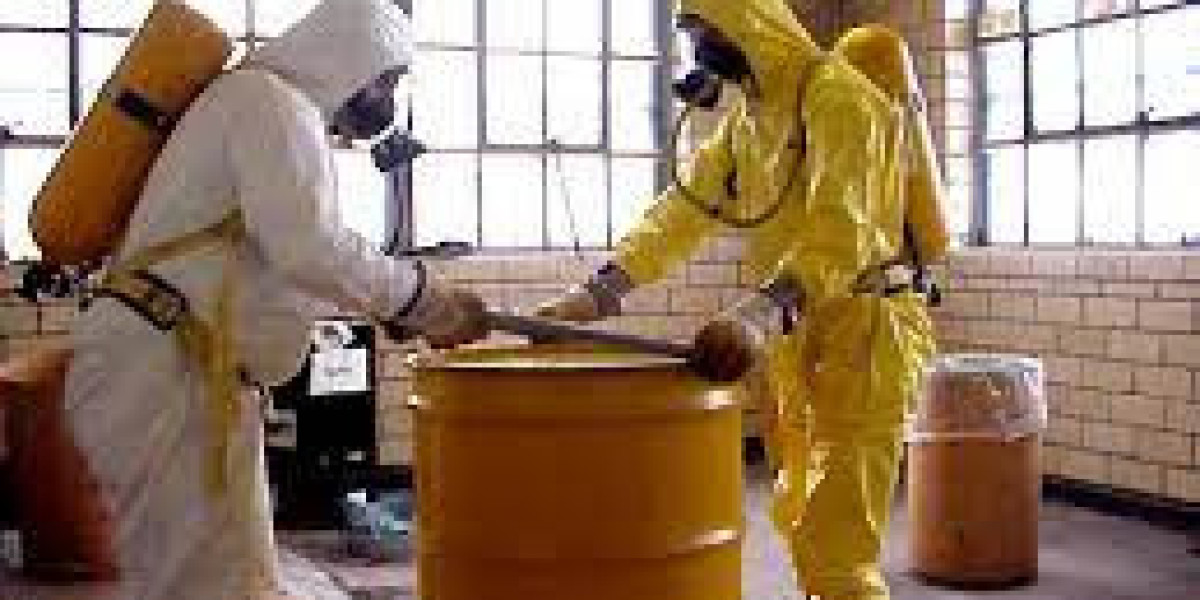Hazardous Waste Regulations are essential for protecting public health and the environment from the dangers posed by improper disposal of hazardous materials. However, despite their importance, several misconceptions exist regarding these regulations. Understanding the truth behind these myths can help businesses and individuals better navigate compliance and promote safe waste management practices.
1. All Waste is Hazardous
One prevalent misconception is that all waste produced by a business or facility is hazardous. While certain materials are indeed hazardous and must be managed according to specific regulations, many waste products do not meet the criteria for hazardous classification. This misunderstanding can lead to unnecessary and costly disposal practices.
Truth: Only waste that exhibits certain characteristics—such as ignitability, corrosivity, reactivity, or toxicity—qualifies as hazardous. Conducting thorough waste characterization assessments helps organizations accurately identify and classify their waste.
2. Hazardous Waste Regulations Are the Same Everywhere
Another common belief is that Hazardous Waste Regulations are uniform across all states and regions. While federal regulations provide a baseline, individual states may have additional rules and requirements that can vary significantly.
Truth: Businesses must familiarize themselves with both federal and state regulations applicable to their operations. Staying informed about local requirements ensures compliance and helps avoid potential penalties.
3. Compliance Is a One-Time Effort
Some businesses mistakenly think that achieving compliance with hazardous waste regulations is a one-time effort. After meeting initial requirements, they believe they can maintain compliance without ongoing attention.
Truth: Compliance is an ongoing process that requires regular reviews, updates, and training. Changes in operations, waste generation, and regulatory updates necessitate continuous monitoring and adjustment of compliance strategies.
4. Only Large Companies Need to Worry About Regulations
Many assume that hazardous waste regulations primarily concern large corporations and industries. This belief can lead smaller businesses to underestimate their responsibilities regarding hazardous waste management.
Truth: Hazardous waste regulations apply to any business that generates hazardous waste, regardless of size. Small businesses can also produce hazardous materials and must adhere to the same regulations to protect health and the environment.
5. Training Is Not Necessary for Compliance
Some organizations may think that compliance with Hazardous Waste Regulations does not require comprehensive employee training. This misconception can lead to unsafe practices and regulatory violations.
Truth: Regular training is essential to ensure that all employees understand hazardous waste management protocols and their specific roles in compliance. Well-informed staff are crucial to minimizing risks and maintaining a culture of safety.
6. Ignoring Regulations Will Not Have Consequences
Lastly, some businesses believe they can ignore hazardous waste regulations without facing serious repercussions. This misconception can lead to hazardous practices and significant legal and financial risks.
Truth: Non-compliance can result in severe penalties, including fines, legal actions, and damage to a company’s reputation. Adhering to hazardous waste regulations is not only a legal obligation but also a moral responsibility to protect public health and the environment.
By dispelling these common misconceptions about Hazardous Waste Regulations, businesses and individuals can better navigate the complexities of hazardous waste management. Accurate understanding fosters compliance, enhances safety, and contributes to environmental protection efforts. Education, ongoing training, and proactive management are key to ensuring that hazardous waste is handled appropriately and responsibly.








